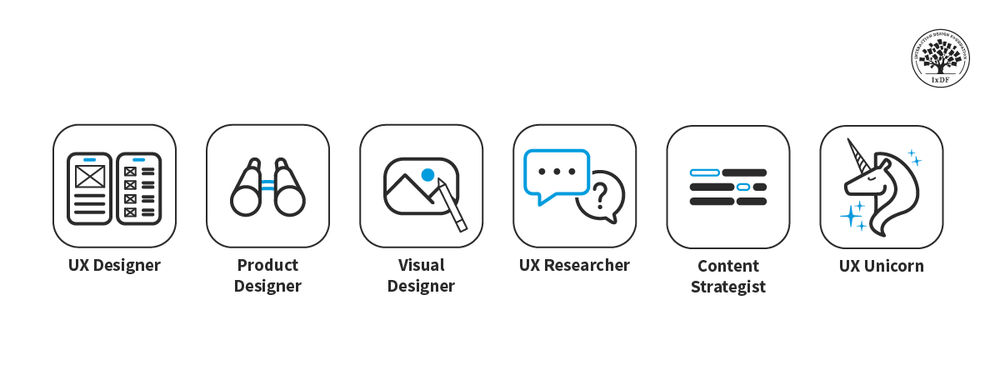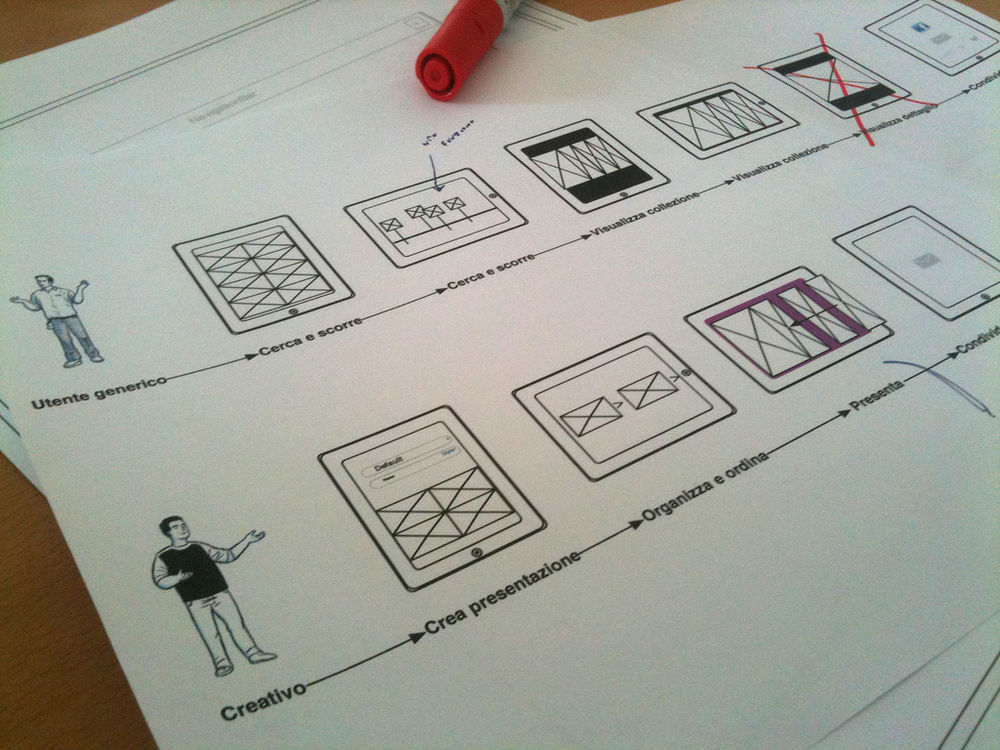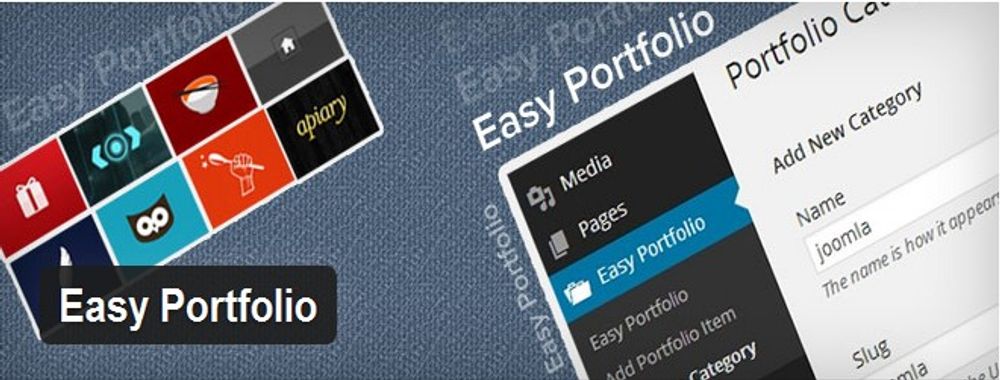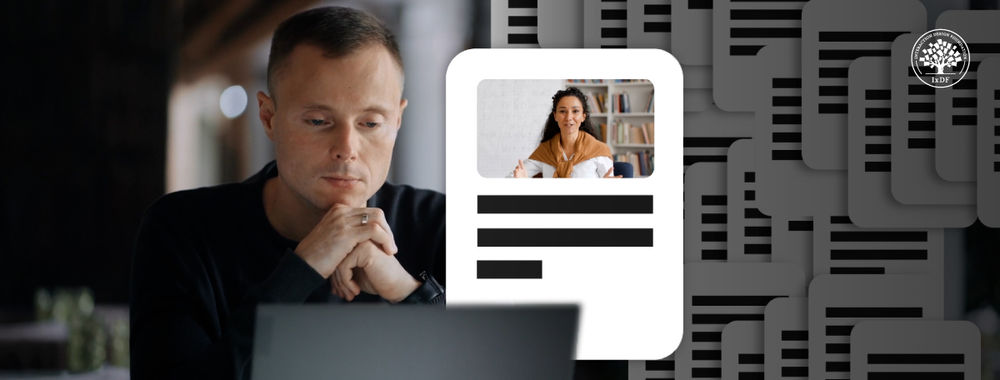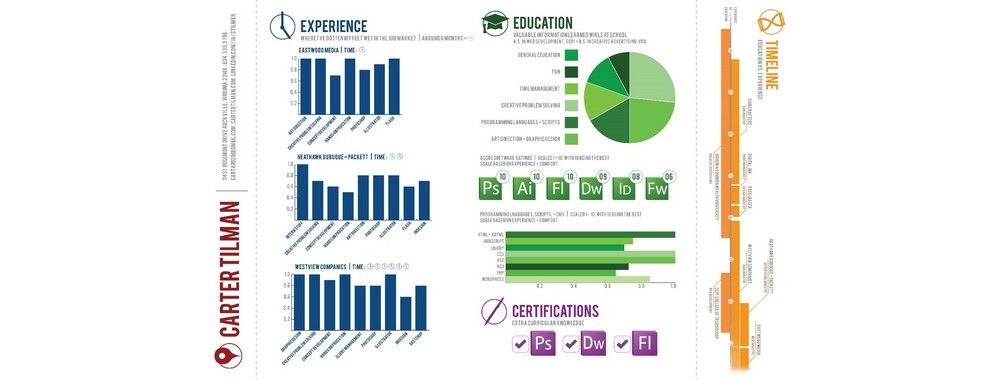No two freelancers or entrepreneurs are the same, but the best and most successful do share some similar characteristics. The ability to work hard, professionalism, communication skills, persistence, passion, self-discipline and initiative are some of the most important characteristics. Here, we define 11 characteristics that will help you succeed as a business owner. It applies for both freelancers and entrepreneurs. However, you don’t need to master all of these to perfection to make it. But you do need to learn to overcome your weaknesses if you want to build a sustainable business and bring real value to your clients. It’s worth taking your time to pause and reflect before you quit your job, and ask yourself: “Can I truly see many of these characteristics in myself?” and if not: “Am I willing to learn what I lack?”
What makes for a successful freelancer and entrepreneur? What do freelancers and entrepreneurs have in common over and over above saleable skills? Let’s take a look at the characteristics of successful freelancers and entrepreneurs:
Hard Work
If you haven’t read Tim Ferriss’ excellent book "The 4-Hour Workweek", you should. It’s packed with tips on how to run a business. Our only bone to pick with Mr. Ferriss is the title he chose. Running your own business is usually a lot of hard work. Solo freelancers and owners of new design agencies only have their own skills to sell. So, unless you operate in an incredibly high-paid niche and live an incredibly modest lifestyle, it’s fair to say you’re going to be working more than four hours a week, a lot more.
Not only is there the client work to be done, but there’s also the sales, the marketing, the general administration, the book-keeping, etc.
If you think that building your own business is the miracle cure for work, think again. If you’re not prepared to work hard, the entrepreneurial life will quickly show itself to be an impossible dream.

Thomas Edison was a smart chap; businesses are built on hard work – no matter what they try and tell you in the trendy media of today.
Communication Skills
Freelancers and entrepreneurs are in constant communication with their clients, with their peers and with the world around them.
You need to be able to present yourself well over the phone, in person and in writing (even if you’re not a freelance writer). You’ll need to master a host of communication tools, too (each client has his/her own preference, and each will insist that it’s the “industry standard”). That includes Skype, Trello, Basecamp, IM, VoIP, Voice Mail, Slack, and many, many more.
You can’t run a business without communication.
Professionalism
You don’t need to wear a suit to work if you don’t want to. You do, however, have to be professional. If you have a client meeting, you need to dress appropriately. If you make a promise, you need to deliver. You need to conduct yourself ethically and legally.
Professionalism doesn’t die when you stop being an employee; in fact, it’s an essential part of running any business.
Time Management and Organization
You need to be ruthless about time management to succeed. Clients have deadlines; if you miss those, you’ll cost them money, and they won’t want to work with you again (they may also not want to pay you for the work you’ve done).
Freelancers and entrepreneurs learn to plan their time and stick to the plan. They know what they can do in any given time frame, and they don’t overcommit. It’s tempting to take all the business on offer, but you’ll end up with no business at all if you can’t deliver. Learning to say “no” is part of the business owner’s life.

Author/Copyright holder: jean-louis Zimmermann. Copyright terms and licence: CC BY 2.0
Time management can be really challenging and not just for freelancers. It’s a good idea to familiarize yourself with time management if you haven’t already.
Persistence
If you’re the sort of person who gives up whenever an unexpected challenge presents itself, freelancing and entrepreneurism is going to be really hard on you. To win clients, you have to be persistent in marketing and sales. To deliver value for your clients, you have to be persistent about doing the best work that you can do. When a client pulls a project at the last minute, you can’t fall into a week’s funk gazing out the window – you have to do something about it to ensure that you’re still earning. And so on…
“Many of life’s failures are people who did not realize how close they were to success when they gave up.”
– Thomas Edison
Responsibility
Creative block/writer’s block/etc. are luxuries you can’t afford. Your client isn’t interested in your excuses—they’ve given you the responsibility to get a job done; they expect you to deliver.
If you’re not prepared to do the job come rain, sun, snow or shine—you’re not ready to freelance. You only have one reputation, and squandering it might mean you never get another chance to show the world what you have to offer. You have to take responsibility to deliver the goods no matter how tough it might be to do so.
Initiative
Are you ready to take charge? To ask questions when you don’t understand something? To create opportunity where none seems apparent? If the answer is “yes”, then you’re in the right place to build your business.
Freelancers and entrepreneurs have to be ready to take the initiative because there’s no one else to take it. The comfort of employees is that it’s their manager’s job to take the initiative when they’re not ready to. The business owners have to do it themselves and whenever the occasion requires it.
“They always say time changes things, but you actually have to change them yourself.”
― Andy Warhol, American pop art visionary, The Philosophy of Andy Warhol
Principles
You need to be truthful and honest with your clients. You need to set a high standard of ethical practice. If you get a reputation for being a lying cheat… you’re not going to win much work.
When things go wrong, it’s your job to put them right. That doesn’t mean be a doormat for your clients, but it does mean that when it’s your fault things go wrong, you own up and you do what it takes to put things right, even when it costs you time and money.
Goal- and Evaluation-oriented
Most freelancers and entrepreneurs are superlative goal setters. They set goals for their client-facing work. They set goals for their businesses. They set goals for personal development. They also pursue these goals single-mindedly. And they know that work and life are iterative processes which they time and time again have to evaluate and re-evaluate to meet their goals.
If you want freelancing and entrepreneurism to give you a sense of achievement and self-worth, a lot of that comes through creating and attaining goals and being able to evaluate, correct course and set new goals along the way.

Author/Copyright holder: Fav203. Copyright terms and licence: CC BY-SA 3.0
Design principles are goal- and evaluation-oriented, so it should be easier to be goal-and evaluation-oriented if you come from a design background.
Flexibility
You know the whole, “you can do anything you want as a freelancer and entrepreneur” line? It’s not entirely true. There are days when you’re going to get up at 6 a.m. and work until 2 a.m. because you have a commitment to meet. There are times when you’re going to do boring, repetitive work as part of a bigger, more exciting project.
Business owners need to be flexible in their approach to survive. Clients don’t care about your childcare commitments; they don’t care about your personal life; they don’t care if you hate working on a Monday—all they care about is that you get the job done.
Self-discipline
This is really a summary of all the points above. Business owners need to be self-disciplined because there’s no one else to instil that discipline. You may not love working for a boss, but if you rely on a boss for a boot up the derriere when you’re not “in the mood” for working, you’re going to find working for yourself a serious challenge.
 Copyright holder: Rikke Friis Dam and the Interaction Design Foundation. Copyright licence: CC BY-NC-ND.
Copyright holder: Rikke Friis Dam and the Interaction Design Foundation. Copyright licence: CC BY-NC-ND.
Are you dreaming of going for a swim to cool down during lunch break? You can easily work from a beachside restaurant on a tropical island as long as you are super self-disciplined and make sure you have great Wi-Fi. Here, it’s the co-founder of the IxDF, Rikke Friis Dam, who takes a 15-minute break from work. It’s not that difficult to go back to work if you are passionate about the work you do. Rikke actually finds it quite easy to leave the beach after those 15 minutes as she loves her work.
Passion and Skills
If you want to have all the characteristics listed above and rock out as a successful business owner, the best way to do it is to choose a niche in which you know that you’ll love the work you do. That’s a niche which you are passionate about and where you can grow and thrive—one where you don’t mind staying up until 2 a.m., because that’s what’s needed to deliver the best work to your clients.
Passion, skills and success will most often go hand in hand. If you can’t resist improving upon your skills and work because you are passionate about what you do, you’re going to succeed.
Finding the right niche means you’ll be able to deliver awesome results for your clients. Those are results that you will feel proud of, results that will make clients want to hire you again and again. You can raise your income, improve your skills, and love the work you do (or at least most of the work you do).

Author/Copyright holder: Live Life Happy. Copyright terms and licence: CC BY-NC-SA 2.0
Clients think this way too – if you’re passionate about what you do, it’s going to be much easier to persuade your clients that your work is attractive to them.
Your Time to Pause and Reflect
How many of these characteristics can you truly see in yourself?
Please do make two lists of the above qualities:
- One list of the qualities which you have
- One list of the qualities you know that you currently lack or could improve. It’s time to gaze into the abyss and be honest with yourself; what are your weaknesses?
We all have weaknesses. No one is born with or has mastered all 11 characteristics to perfection. The crucial take away is that if you are aware of your weaknesses, you can at least try to improve on them. But before you quit your job, you should honestly ask yourself whether you are interested in improving the characteristics you lack?
The Take Away
You don’t need to master all 11 characteristics to perfection to succeed as a freelancer or entrepreneur. However, it’s crucial that you are aware of your strong and weak sides and, preferably, seek to improve the qualities you lack to improve your chances of succeeding as a business owner.
Being a business owner isn’t a walk in the park. Yes, you’re your own boss, and you’re in charge of what you do and when you do it, but there’s a flipside to that. Freedom includes the freedom to suffer—there’s no safety net, and when things go wrong—you have to take responsibility. You have the responsibility of ensuring things go right, too.
If freelancing and entrepreneurism were as easy as some folks make them out to be, everyone would be a business owner. It’s worth taking a minute to think about this, before you quit your job, and ask yourself, “Can I truly see these characteristics in myself?” If the answer’s “no”, then ask: “Am I willing to learn to overcome my weaknesses and learn what I’m lacking?”
References & Where to Learn More
Hero Image: Author/Copyright holder: Pixabay. Copyright terms and licence: CC0.
Tim Ferriss, The 4-Hour Workweek, 2007
Andy Warhol, The Philosophy of Andy Warhol, 1975



